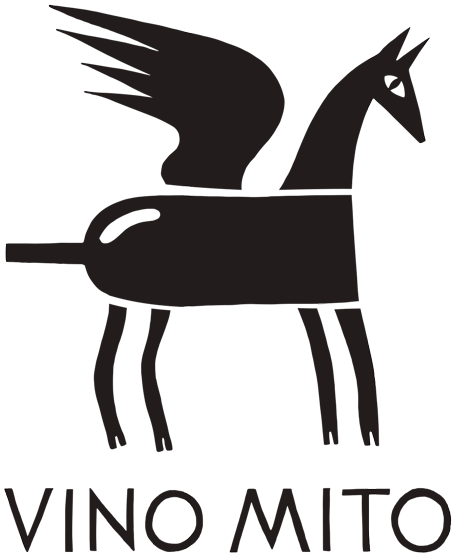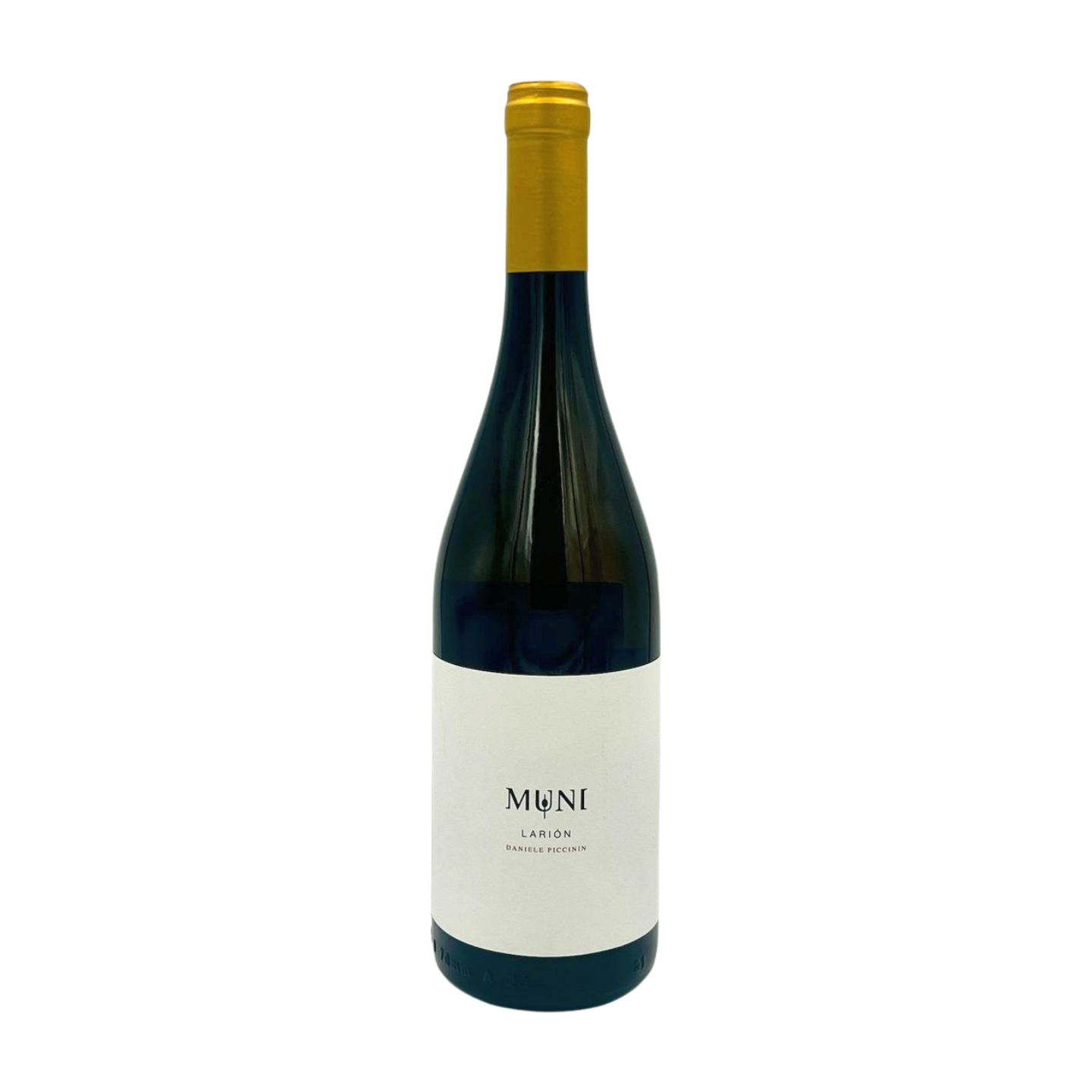Daniele Piccinin
San Giovanni Ilarione (VR) - VENETO
Daniele Piccinin started not as a winemaker but as a restaurateur, working both as a chef and front of house. It was during this time that he tasted a wine made by Angiolino Maule (president of VinNatur). He was so impressed by it that he decided to visit Maule and learn more about how he made his wine. He soon became his pupil and in 2006 Daniele's first wine was born.
Initially he rented some vineyards in the Muni district, where his grandfather was born and also made wine. His initial vintages were made wine in Maule’s cellar but by 2010 he had moved to his own space. Daniele now cultivates seven hectares of vines in San Giovanni Ilarione, in the province of Verona. His plots lay at the foot of Lessinia region in the Alpone Valley, not far from the hills of Soave, between 300 and 500 meters above sea level. They are surrounded by woodlands but are also exposed to the harsh local wind.
The two sides of the valley have different soils: one is volcanic; and the other clay-limestone. It is in the clay-limestone soil that Daniele grows a local grape variety, Durella. Daniele rediscovered the variety which had almost been forgotten and his wines are the best expression of its unique qualities.
Everything in the vineyard is left to grow and to live spontaneously. Between the rows mint grows in summer. In the cooler months space is left for cereals, plantain, shamrock, alfalfa and peas. Pruning is generally undertaken late, between February-March. The goal is to try to limit the entry of pathogens into the vines and to avoid making the plants ‘cry’. The grass by the trunks is cut by hand. The grass in the middle of the rows is left to grow and is combined with the offcuts from pruning. This keeps water in the soil and helps the soil microbiology to develop even during the hottest and driest months.
The only treatments used in the vineyards are copper and sulphur. No pesticides, herbicides or other systemics are used. Some vines are not even treated with fungicide. Daniele’s goal is to respect nature. It’s an approach he also adopts in the cellar. There is no filtration, nor clarification. His winemaking relies on slow, spontaneous fermentation, with only a small amount of sulphur dioxide added before bottling.



